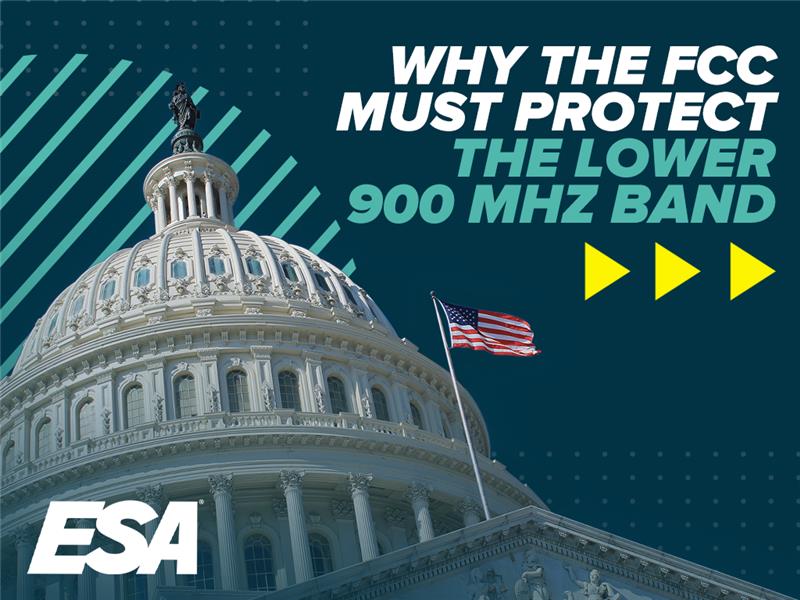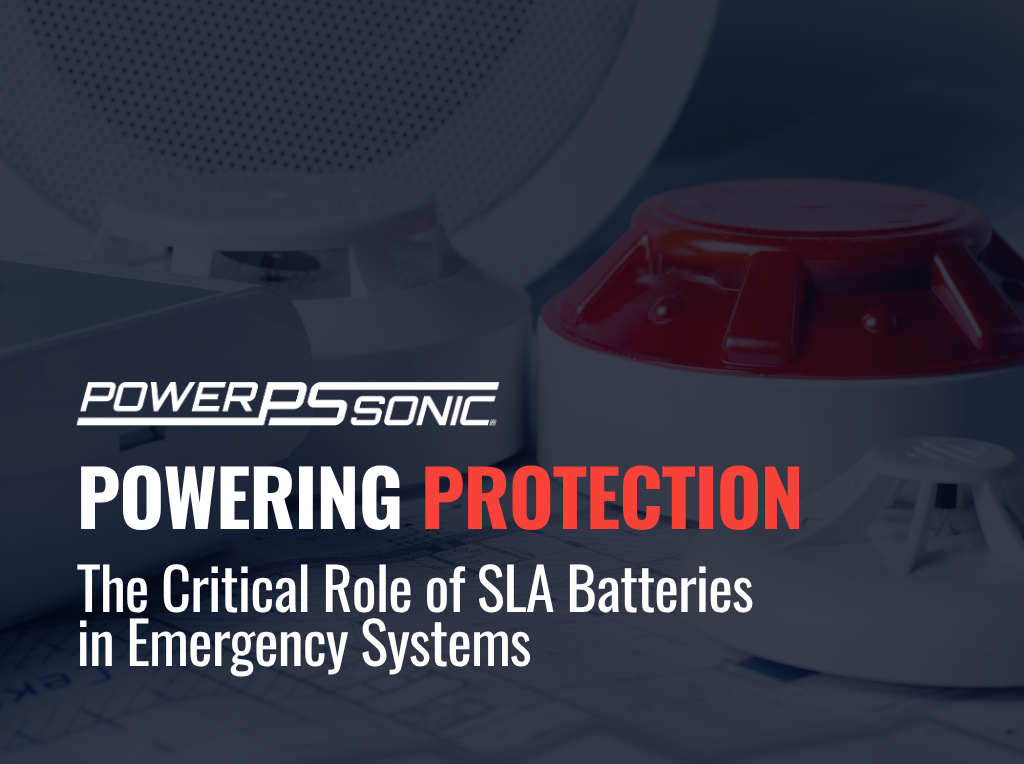While many states are working to reduce regulations and identify the least restrictive means of regulating professions and trades, North Dakota is seemingly moving in the opposite direction. As of today, there are no statewide licensing requirements for electronic security or life safety in North Dakota or about 13 other states. These states are generally less populated and rely on local authorities having jurisdiction (AHJ) for occupational licensing or regulation. ESA supports statewide licensing for electronic security and life safety personnel that fits the skill sets needed for low-voltage applications in electronic security. While many states are working to reduce regulations and identify the least restrictive means of regulating professions and trades, North Dakota is seemingly moving in the opposite direction. As of today, there are no statewide licensing requirements for electronic security or life safety in North Dakota or about 13 other states.
These states are generally less populated and rely on local authorities having jurisdiction (AHJ) for occupational licensing or regulation. ESA supports statewide licensing for electronic security and life safety personnel that fits the skill-sets needed for low-voltage applications in electronic security.
But, overly burdensome regulations, that create unnecessary barriers for entry into the occupation, don’t reflect the scope of work being performed for the industry or serve the interests of those who want to limit competition; all run counter to laudable goal of reasonable regulation for the profession.
North Dakota Senate Bill 2359 does all of these with the creation of a “Power Limited Technician” license that would require anyone who works on any low-voltage system to apprentice for a minimum of 6,000 hours (no less than 3 years) and then pass a state examination on power-limited systems.
While there are certainly some low-voltage fields that merit such training, experience and education, this bill makes no distinction for the wide array of low-voltage applications with differing technologies and skill-sets needed, nor does it take into consideration the rapidly changing technology that warrants updates these proposed standards do not contemplate.
This legislation would further exacerbate an already troubling trend in workforce development for companies struggling to find qualified persons willing to enter the electronic security field. SB 2359 also prohibits any apprentice from working “on any installation without personal supervision of a licensed electrician or power limited technician.”
In a state as sparsely populated as North Dakota, this provision alone will put many businesses in an untenable financial and human resource position.
The bill has another glaring flaw. The power limited technician license would naturally be governed by the state electrical board, yet the bill does not add or amend board construction to reflect representation for power limited technicians.
We will be happy to work with the regulators and legislators who would like to see reasonable licensing that is compatible with the technology, consumer safety and workplace safety needs for the electronic security industry.
We will work with interested parties in the State Assembly, State Electrical Board and members in North Dakota who may be impacted. Stay tuned.




